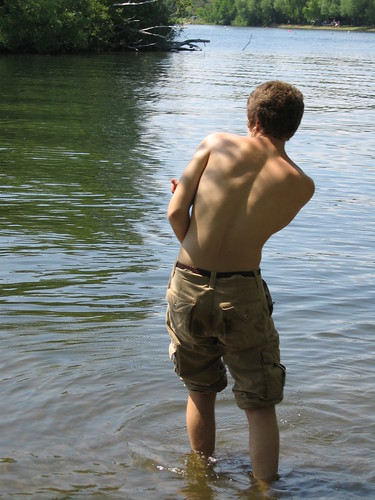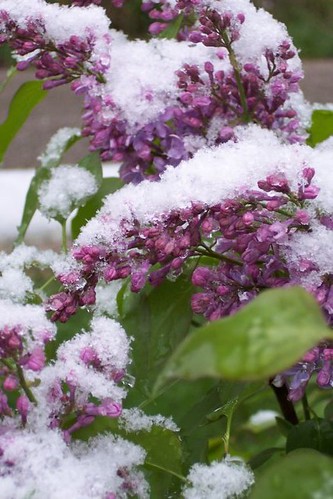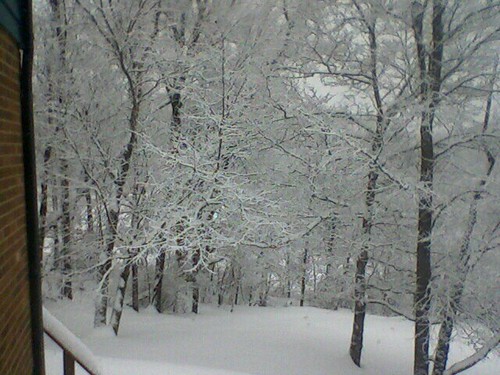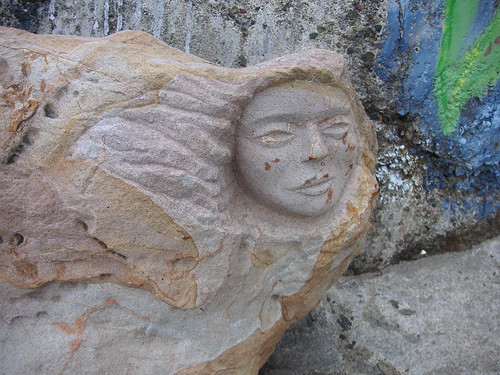Before we begin today's creative writing prompts, I would like to draw your attention to the featured poem on Poems (dot) com today. It is Dennis O'Driscoll's poem called "Spare Us." You can read it by clicking
here.
Here is a little excerpt from it:
Spare us the bees raiding every flower in sight,
leaving no anther pocket unturned.
And the tantrum-throwing wasps,
in venomous mood, headbutting glass.
This is one of those inspiring poems I can grab onto and run with. And by that I mean, I can make my own list poem and free-write like crazy beginning with the words, "Spare Me."
However, what Dennis has done with his poem is quite clever and layered on many levels. I love that he has taken the images of spring and put them into a more unusual perspective as opposed to the stereo-typed dreamy, lovey-dovey images we often see in so many spring poems. (And yes, yours truly is certainly guilty of that, too!) I love that O'Driscoll's poem offers us a harsher perspective, but in the end, to me, it is still beautiful.
Creative Writing Prompts:
1. EVERYBODY: Please read the poem first. Then free-write for 10 minutes from the phrase "Spare Me. . ."
2. After you have finished your free-write, pick some of the lines that you might want to expand on and go from there to either write a poem that is more focused on a particular theme (this theme could be anything, it doesn't have to be seasonal) OR begin a story based on a character who is irritated with something you mentioned on your list OR write an essay about a season and the surprising images we encounter within the seasons. Relate them to the bigger picture of your life.
And for a teacher's bonus, I am providing a short set of study questions to O'Driscoll's poem. I always feel we can learn more about literature by studying the good stuff that is already out there.
May you all be inspired to write something today.
Happy Writing!
Study Questions for Dennis O'Driscoll's "Spare Us"poem.
1. How many stanzas start out with the words "Spare us"?
2. Of the stanzas that do not begin with "Spare Us," what do they begin with?
3. As for the stanza that starts with "Lump in the leaves. . .," where does that fall in the poem? Do you think it is effective? Why or why not?
4. Which season is this poem focused on? How many times is that season listed by name and which parts of the poem do they occur in? Give four examples of striking lines that refer to
images of the season.
5. In your opinion, what is the most striking stanza in the poem? Why?
6. Please list the hyphenated expressions in the poem and circle your favorite.
7. Now make a list of 3-5 of your own hyphenated expressions.
8. Extra credit: Take one of your own hyphenated expressions from exercise 7 and write a short poem of 10 lines or less which includes that expression.


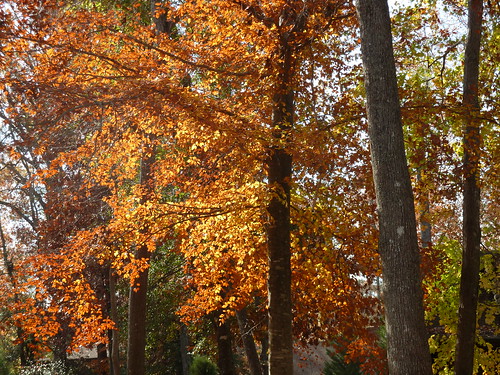
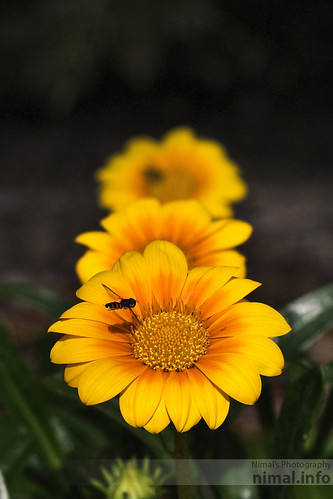

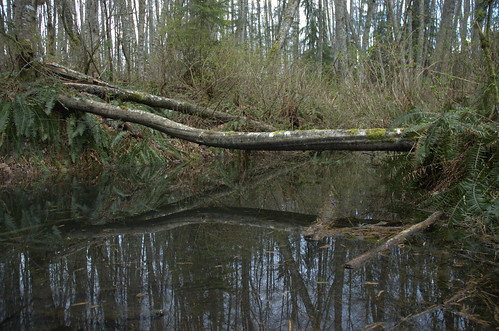






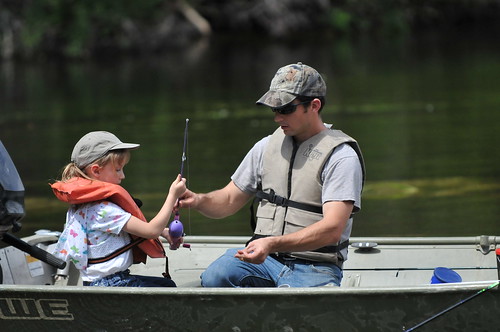
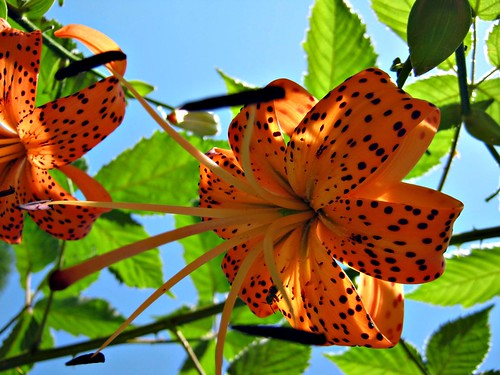


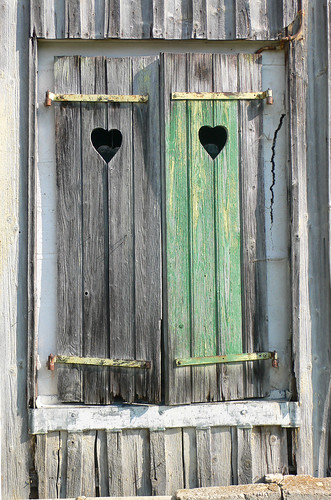

![Canadian swan. [Explored March 29, 2012] by kaybee07](http://farm8.staticflickr.com/7107/7026555821_189af5312d.jpg)



